Jensen Huang Unveils AI Innovations at CES 2025
Explore Jensen Huang's groundbreaking AI innovations revealed at CES 2025, from the powerful RTX 50 GPUs to the transformative Cosmos platform.
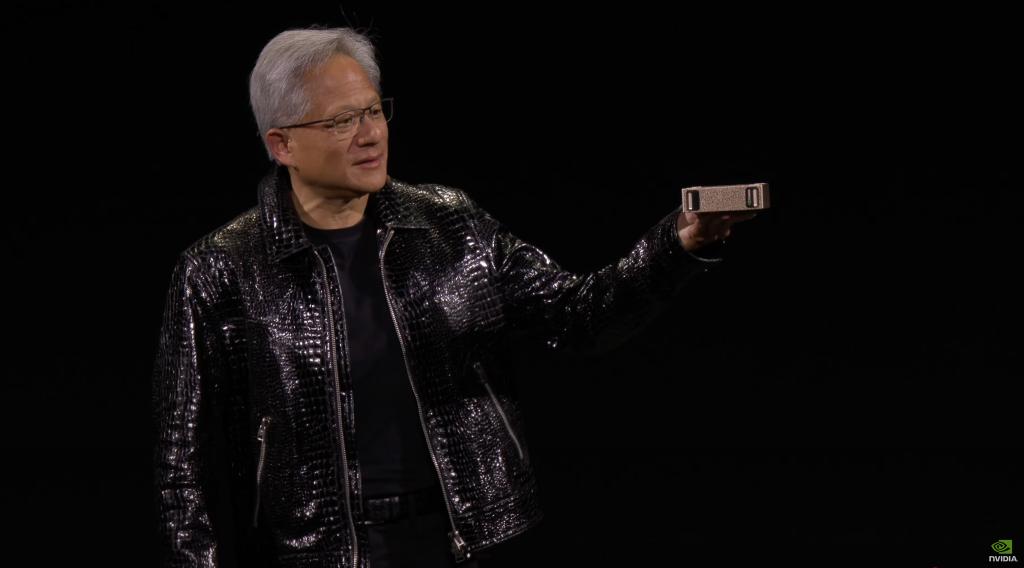
Key Points
- Jensen Huang
unveiled the RTX 50 Series GPUs, showcasing advancements in AI-assisted graphics rendering for gaming and content creation.
- The newly introduced Cosmos platform aims to accelerate robotics and autonomous vehicle development through synthetic data generation.
- Project Digits represents a push to democratize AI computing, providing powerful tools for developers and researchers at an accessible price point.
The buzz around artificial intelligence (AI) continues to reach new heights, especially after the opening keynote at CES 2025, delivered by
's charismatic CEO, Jensen Huang. With an audience of over 10,000 people in attendance, and many more watching online, this event marked a significant moment in the tech industry where the future seemed not just bright, but revolutionary. Huang's announcements ranged from the new GeForce RTX 50 Series GPUs to the launch of the groundbreaking AI platform, Cosmos, and showcased how Nvidia is not only leading the charge but also redefining the way we interact with technology.
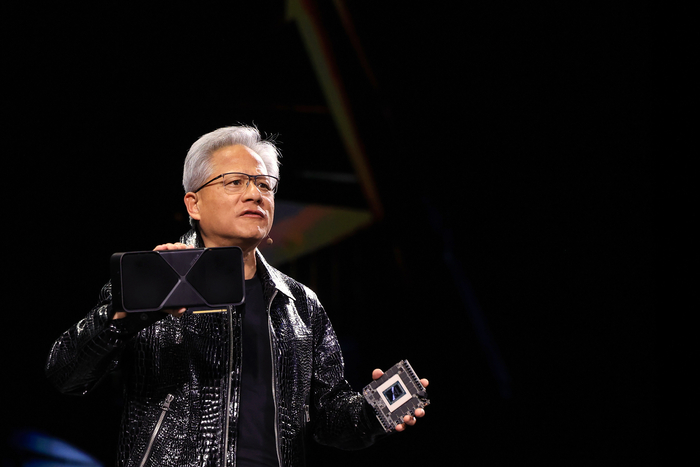
Transforming Gaming and Beyond with the RTX 50 Series
The highlight of Huang's presentation was undeniably the unveiling of the GeForce RTX 50 Series graphics cards. These GPUs, featuring the innovative Blackwell architecture, are not just an improvement for gaming; they embody a leap into real-time AI-assisted graphics rendering. The flagship model, the GeForce RTX 5090, is positioned to offer unparalleled performance, boasting 92 billion transistors and the ability to perform 3,352 trillion AI operations per second. Huang emphasized that this technology is a game changer for gamers and creators alike, paving the way for more immersive experiences in both recreation and professional fields.
Furthermore, the introduction of DLSS 4 technology promises to enhance frame generation, effectively increasing gameplay smoothness without sacrificing graphical fidelity. This impressive leap demonstrates Nvidia’s commitment to staying at the forefront of gaming technology.

Cosmos: A New Era for Robotics and Autonomous Systems
In addition to groundbreaking GPUs, Huang introduced Cosmos, an open-license platform designed to accelerate the development of robots and autonomous vehicles. This platform incorporates generative AI models capable of creating synthetic environments for training purposes. Imagine teaching robots to navigate complex scenarios without the need for real-world data collection, all thanks to realistic simulations. Cosmos positions Nvidia as a leader in the upcoming revolution in robotics and autonomous systems.
The implications of this technology extend broadly across industries. By allowing developers to simulate countless real-world situations, from adverse weather conditions to various terrain challenges, Cosmos reduces the traditionally high costs associated with training these systems. Robotic applications could soon evolve from simple tasks to complex operations across diverse fields such as healthcare, logistics, and manufacturing.
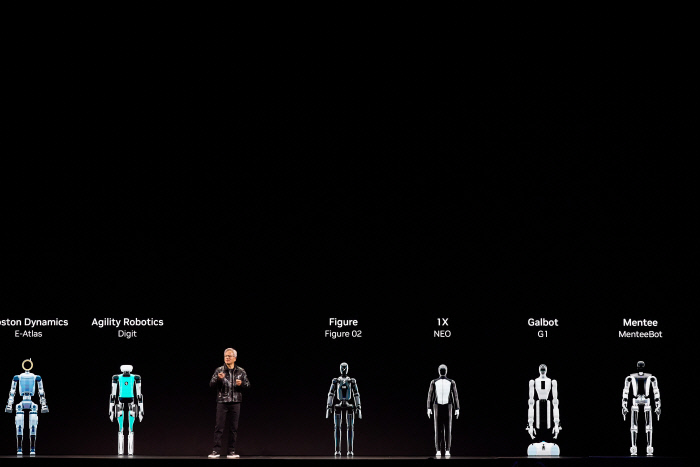
Autonomous Vehicles: The Road Ahead
Huang's vision for the future doesn't stop with gaming and robotics; he has also made significant strides in the automotive sector. The newly announced Drive Hyperion platform, incorporating the advanced AGX Thor system-on-chip, sets the stage for accelerating autonomous vehicle development. This technology enables a seamless integration of AI and sensor systems, making self-driving cars not just a possibility, but a near-future reality. Huang predicts that the autonomous vehicle sector is on the brink of becoming a multi-trillion-dollar industry.
With over a billion cars already on the road, the need for automation is only expected to increase. The introduction of high-level safety standards like ISO 26262 also underscores the commitment to security in the development of these complex systems.
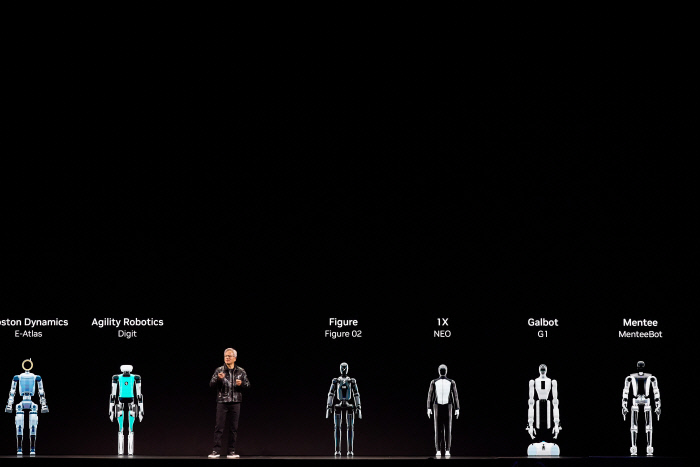
Project Digits: Democratizing AI Computing
One of the most exciting announcements was Project Digits, designed as a personal AI supercomputer for developers, educators, and researchers. Priced at a competitive $3,000, this compact device packs immense power with Nvidia's Grace Blackwell chip, making advanced AI computing accessible like never before. This move emphasizes Nvidia’s commitment to democratizing AI, enabling more individuals and enterprises to leverage the transformative power of artificial intelligence.
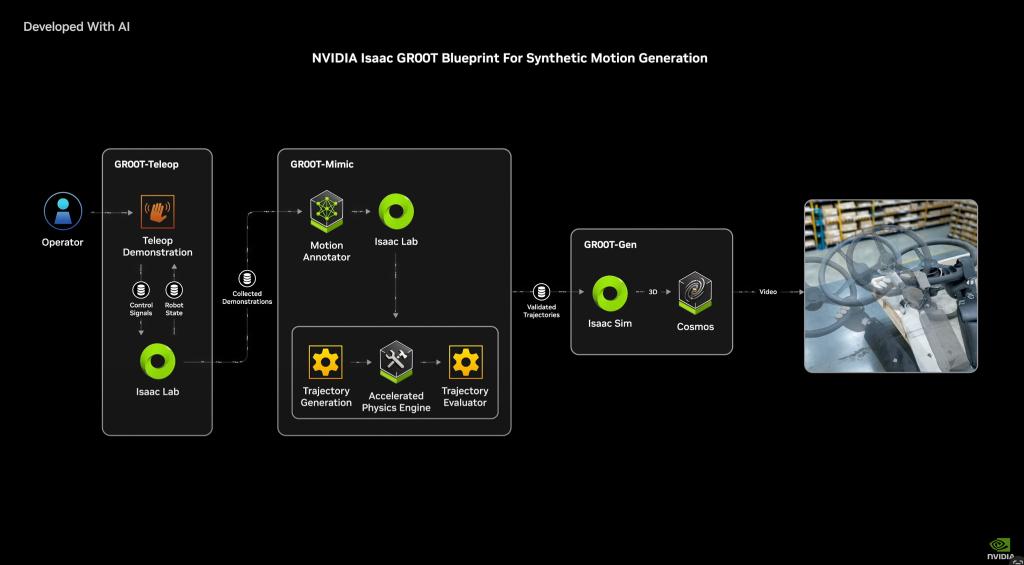
As we navigate through the future, Huang firmly believes that AI will bridge gaps across all sectors. From enhancing productivity to enabling safer autonomous driving and providing sophisticated tools for creators, the landscape is shifting. Nvidia's announcements at CES 2025 are not merely about technology; they reflect a commitment to building an AI-integrated world.
The excitement generated during Huang's keynote signifies a transformative era ahead. As AI continues to evolve, Nvidia stands ready to meet the challenges and opportunities it presents, shaping not just the technology industry, but how we live and work.


